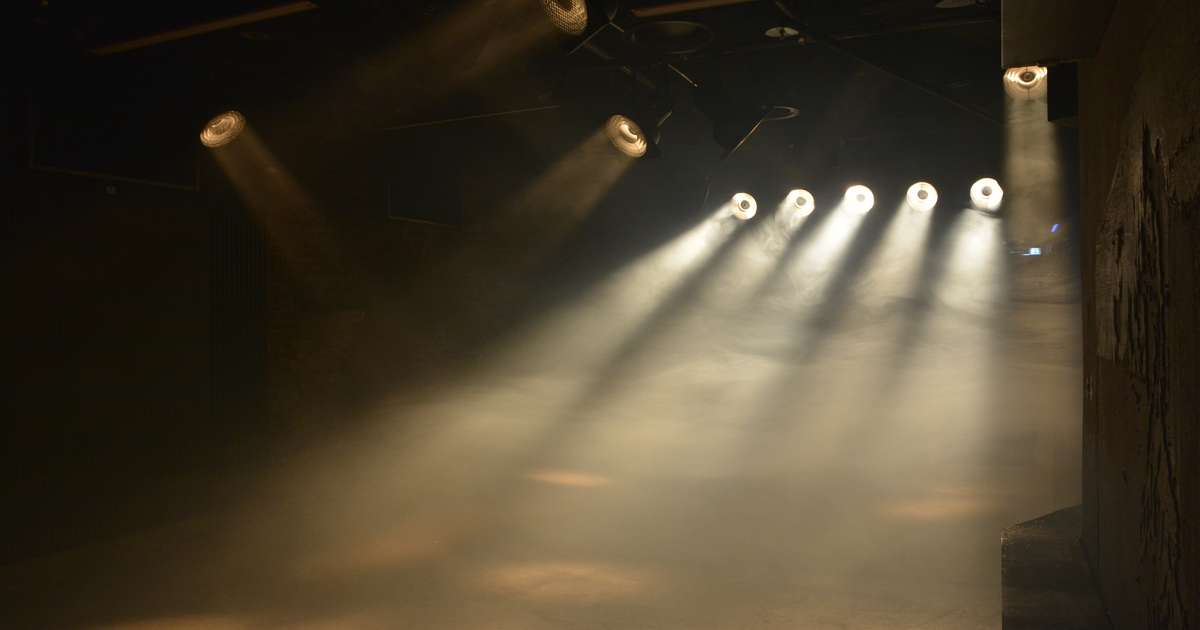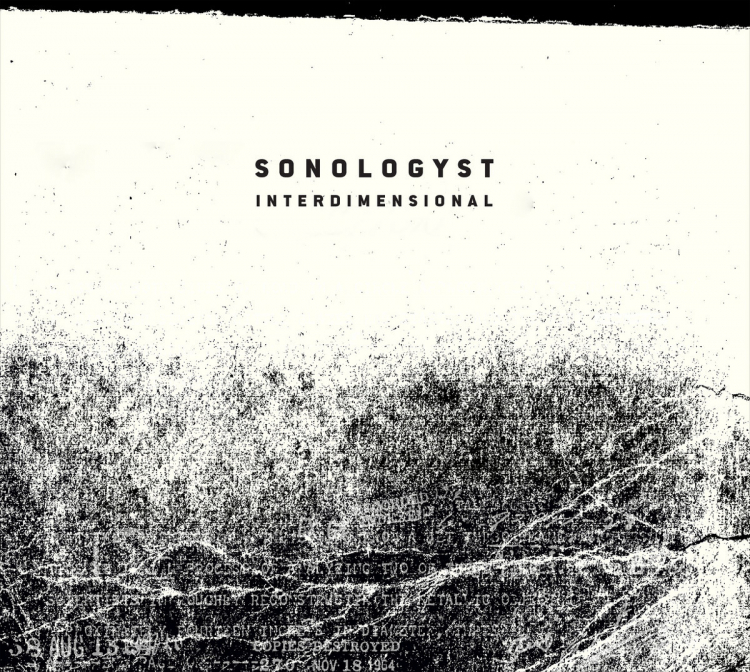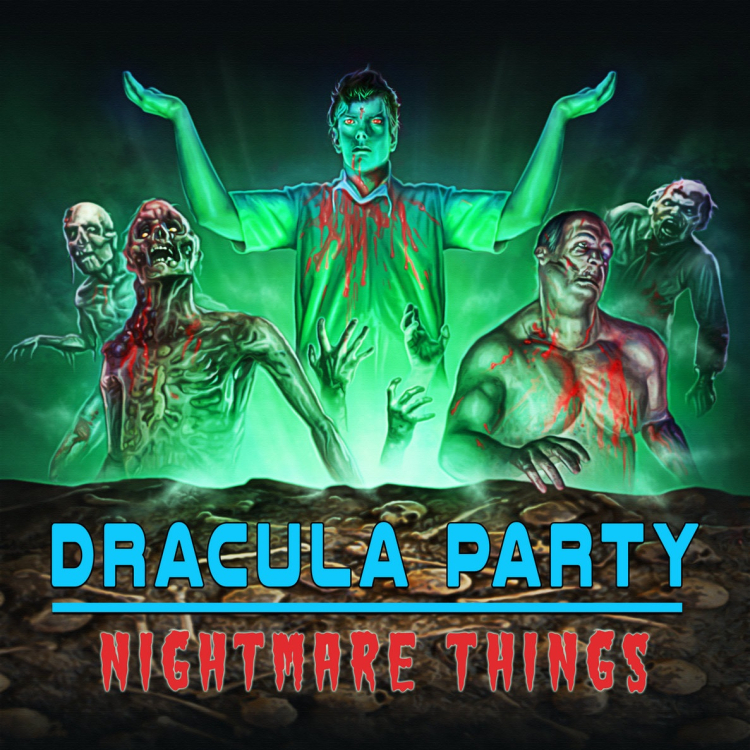
Tresor.West founder praises “very successful” Community Nights with free entry and no headline DJs
Over time, Hegemann hopes to build up cultural understanding and support for dance music in the region, with both headline names and smaller DJs. Having now established it is possible to attract crowds of more than 700 to Tresor.West, he sees the potential for that education.
“If we want to establish a night-time economy and a well curated club with talents, why not try out this way?” he adds. “What we want to make better is the conversation with the fans. If you just put up a picture of a DJ and charge €20 it doesn’t work.
“We want to improve the dialogue with our visitors. ‘Next weekend Juan Atkins is coming by from Detroit, we’ve got to pay him travel costs’, and just explain what’s coming, and then I think they’ll understand. If we have 700 people and everybody pays even €5 or €10, that’s a lot of money.
“We want to become more transparent for the visitors, it’s no secret. In Germany the split is that the door is always for the programme, security, booker, awareness team. The bar is for all the other costs we have in the venue. All the promotion, programme, flights, hotels has to be covered by the door.”
Read this next: Grassroots venues suffer their “most challenging year”
Hegemann says there has already been a noticeable positive impact on how engaged the young crowds have been at the Community Nights, abiding by the ban on photography and request for dancers to keep mobile phones in their pockets.
“They are a TikTok generation, they take the handys [mobile phones], they make the selfies, they have a completely different behaviour,” he says. “We want everything that happens in the club to stay in the club. New people came, very young people, and we have a really great atmosphere. Our experiment works.”
He has an optimistic and passionate view on the social and economic role of clubs in local communities. “’The club’ is an incubator for new ideas and foundations of businesses. If there is no nightclub, it’s harder for young people to meet each other. You find people, they’re open-minded, it motivates people, it encourages them to do something, small scenes can grow. I really believe it helps any community,” he says. “If the city says, ‘No not possible’, then young, intelligent people leave, they migrate, they go to Berlin. The result is that in the small city this vacuum gets filled up with right-wing people. Clubs strengthen democracy.”



